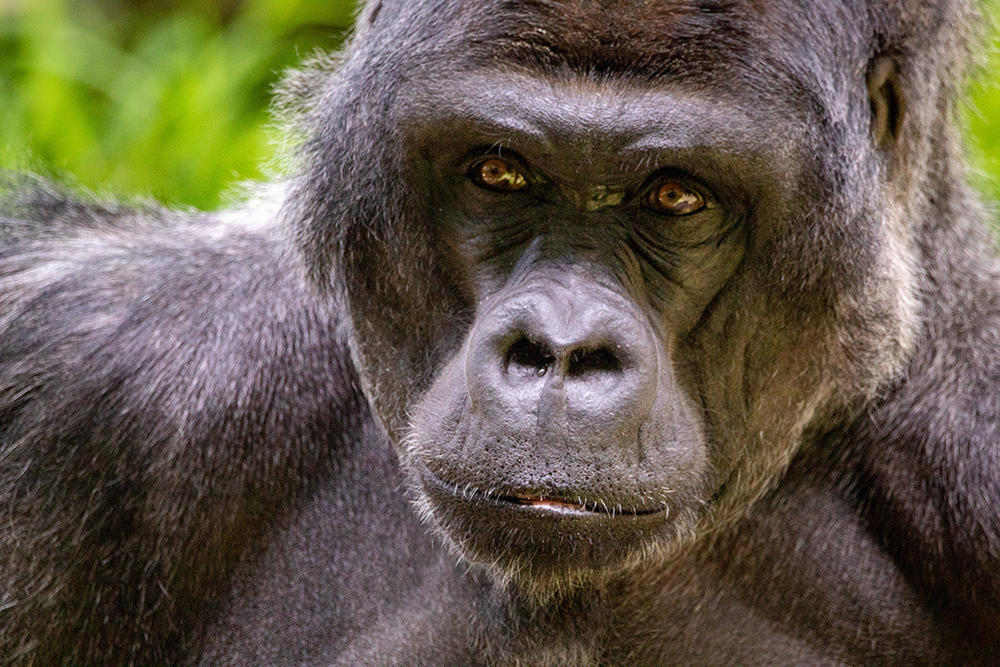Radhen Patel, a postdoc in MIT’s Computer Science and Artificial Intelligence Laboratory (CSAIL), and his co-authors Rui Ouyang, Branden Romero, and Edward Adelson presented a sharp-tipped robot finger equipped with tactile sensing to meet the challenge of identifying buried objects. “In experiments, the aptly named Digger Finger was able to dig through granular media such as sand and rice, and it correctly sensed the shapes of submerged items it encountered. The researchers say the robot might one day perform various subterranean duties, such as finding buried cables or disarming buried bombs.” (MIT News, 26 May 2021) The article, titled “Digger Finger: GelSight Tactile Sensor forObject Identification Inside Granular Media,” can be accessed at arxiv.org/pdf/2102.10230.pdf.
Towards Robot Enhancement
In an article for ICTkommunikation published on 21 May 2021 (only available in German), Oliver Bendel outlines the field of robot enhancement. Robot enhancement refers to the enhancement and associated modification or improvement of the robot by the user or a company, for example in functional, aesthetic, ethical or economic terms. Social robots are of particular interest. The article gives several examples of application: Pepper is dressed and accessorized, like REEM, a police robot used in Dubai. AIBO, a robotic dog, is covered in fur. To make a hugging robot smell, you rub it with scents. Or one covers a metal or plastic head with silicone skin or lengthens existing limbs. According to the Zurich-based scientist, a new field of work is needed so that all these measures can be carried out in a systematic and theoretically sound manner. The article entitled “Überlegungen zu Robot Enhancement” can be accessed here.
Animal-Computer Interaction
Clara Mancini (The Open University) and Eleonora Nannoni (University of Bologna) are calling for abstracts and papers for the Frontiers research topic “Animal-Computer Interaction and Beyond: The Benefits of Animal-Centered Research and Design”. They are well-known representatives of a discipline closely related to animal-machine interaction. “The field of Animal-Computer Interaction (ACI) investigates how interactive technologies affect the individual animals involved; what technologies could be developed, and how they should be designed in order to improve animals’ welfare, support their activities and foster positive interspecies relationships; and how research methods could enable animal stakeholders to participate in the development of relevant technologies.” (Website Frontiers) The editors welcome submissions that contribute, but are not necessarily limited, to the following themes: 1) “Applications of animal-centered and/or interactive technologies within farming, animal research, conservation, welfare or other domains”, and 2) “Animal-centered research, design methods and frameworks that have been applied or have applicability within farming, animal research, conservation, welfare or other domains Submission information is available through the website” (Website Frontiers). More submission information is available through the Frontiers website.
AI for Elephant Protection
According to Afrik21, Olga Isupova (University of Bath) has just developed an AI system that allows to photograph and analyse large areas. Coupled with a satellite, it is designed to monitor African elephants, which are being decimated by poachers at the rate of one every 15 minutes. “The system collects nearly 5,000 square kilometres (km2) of photos highlighting elephants. The large size of African elephants makes them easier to spot. The results provided by the tool are then compared with those provided by human counting.” (Afrik21, 28 April 2021) Olga Isupova lists a number of advantages: “The programme counts the number of elephants by itself, which no longer puts the people who used to do this task in danger. The animals are no longer disturbed and the data collection process is more efficient …” (Afrik21, 28 April 2021) According to Afrik21, the AI expert intends to further develop her invention and eventually extend it to monitoring footprints, animal colonies or counting smaller species. The article can be accessed via www.afrik21.africa/en/africa-artificial-intelligence-to-combat-elephant-poaching/.
Basic Rights for Primates
The initiative “Grundrechte für Primaten” (“Basic Rights for Primates”) went online with its website on April 30, 2021. The supporters demand the introduction of basic rights for non-human primates at cantonal constitutional level in Basel-Stadt. Among them are Simon Fankhauser (co-president Young Green Alliance), Dr. Charlotte E. Blattner (lawyer), Prof. Dr. Markus Wild (philosopher), Prof. Dr. Oliver Bendel (ethicist and business information systems scientist), Jaël Malli (musician), and Dr. Colin Goldner (head of the Great Ape Project Germany). Prof. Dr. Oliver Bendel goes particularly far in his requests: “I am for human rights for humans and for animal rights for animals. Basic rights such as the right to life and the right to physical integrity should go to all primates, but also to other mammals as well as reptiles and amphibians. The idea is not to protect animals from other animals, but from humans.” He combines animal ethics and animal welfare with machine ethics and develops animal-friendly machines with his teams. The initiative’s website can be reached at www.primaten-initiative.ch.




